
Dying Monkeys, Design Machines
The techno-determinists have glimpsed the coming of a god and feel quite sure that he is impossible to resist. But we should oppose their fatalism and hubris with faithfulness to human integrity and dignity.

The techno-determinists have glimpsed the coming of a god and feel quite sure that he is impossible to resist. But we should oppose their fatalism and hubris with faithfulness to human integrity and dignity.
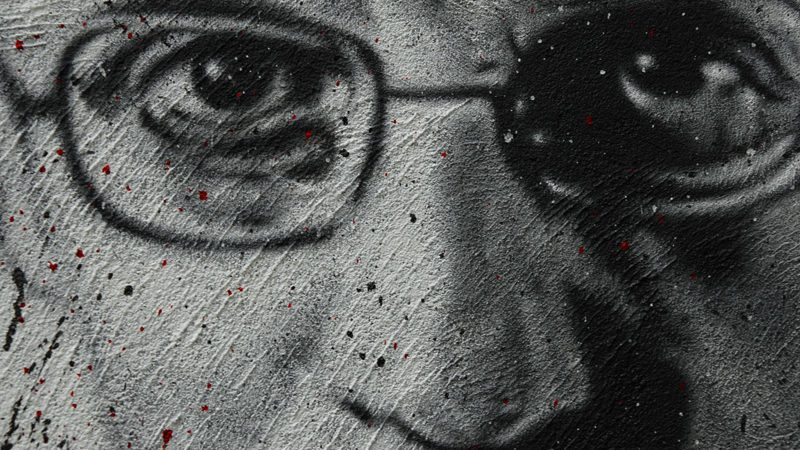
Many of the architects of the sexual revolution made their case for the abuse of children openly, and they were embraced by the elites, lionized by the press, and heralded as courageous thinkers.
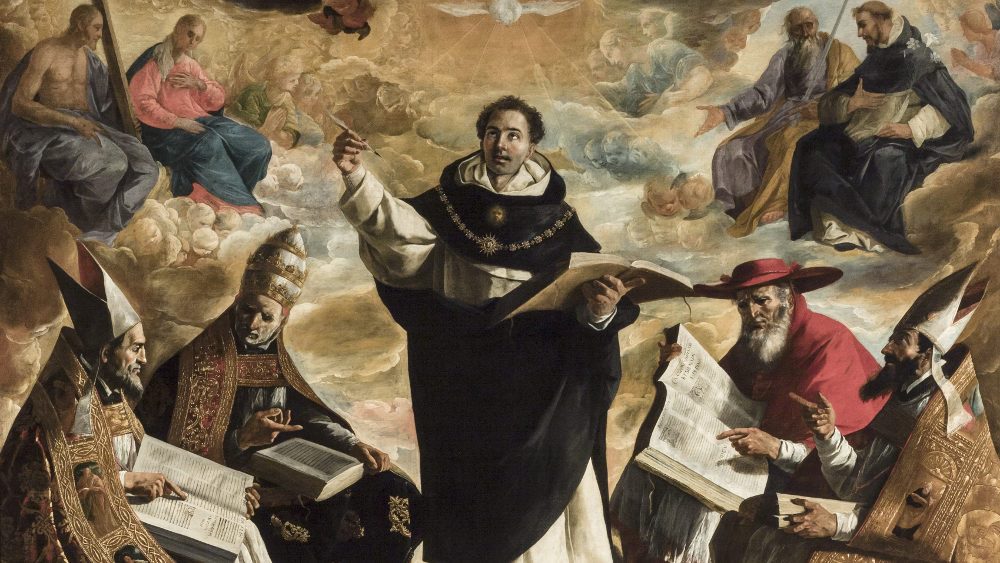
Opinions will always differ on what best approximates the common good and on the utility of law as an agent of virtue in any particular case. But to imitate the liberal silence on such crucial questions is to invite radical neo-Marxists to answer them for us.
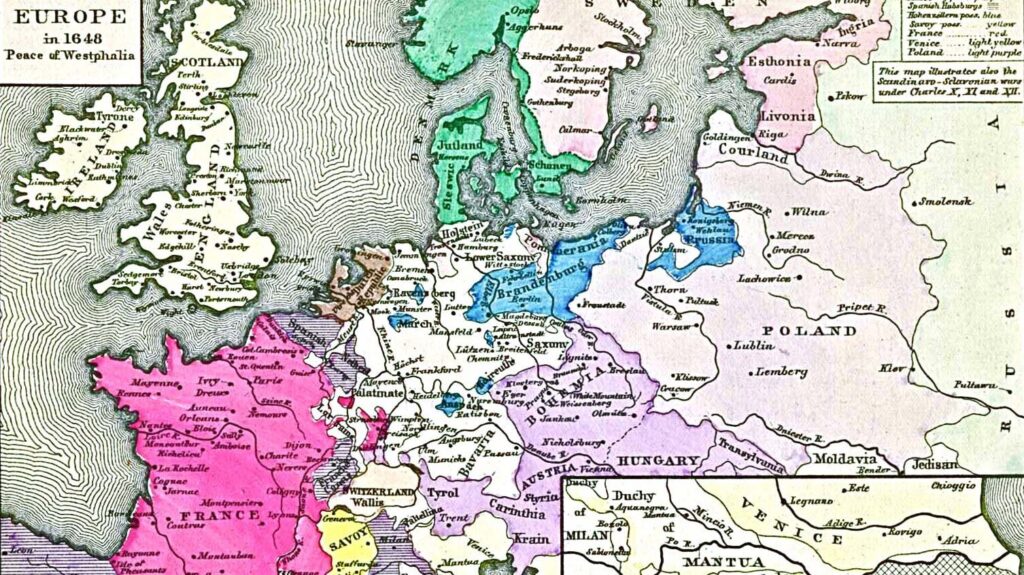
Emmanuel Macron’s invocations of “European sovereignty” notwithstanding, the nation—not Europe, nor the entire world—remains the only viable locus for the exercise of democratic power.

Any culture that creates a taboo around death while worshipping the most sterile forms of hedonism should prepare for a nastily ironic surprise: extinction.

Since today progressivism is the mainstream and the cultural establishment is monopolized by the Left, being a conservative is currently a rebellious position. The political revolution is coming from the Right.

The lesson to be drawn from the spiritual encounter between the Lama and the Khan, then, is universally applicable, and particularly relevant to those wanting to call themselves conservative.
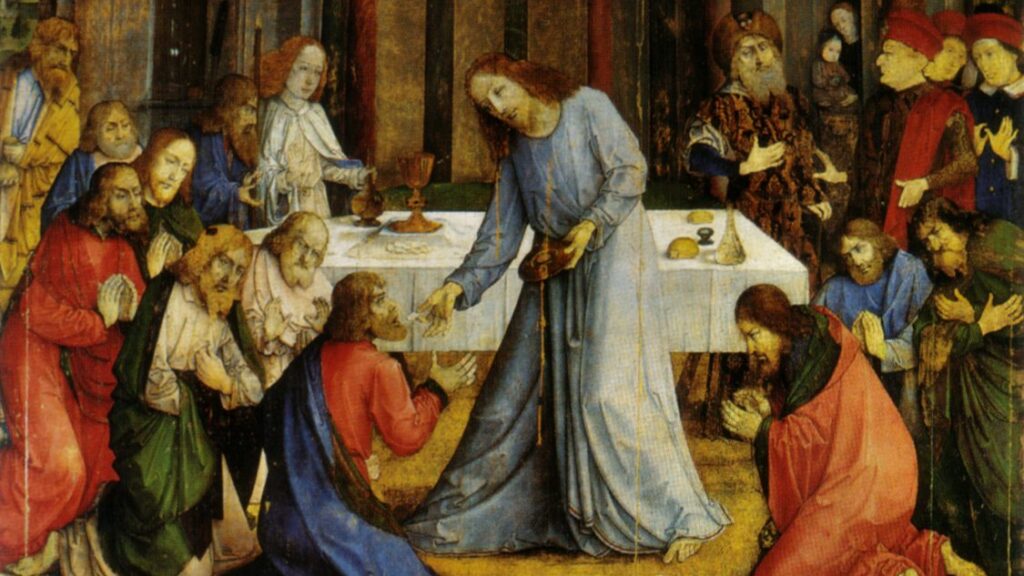
From the bell preceding the priest’s entry, I was as engaged as I had ever been in any Mass.

Free societies need people like Eoghan Harris—courageous contrarians who defy the culture of amnesia. Such people are the vanguard of memory, reminding us that liberty is a precious but fragile asset that we must not take for granted.
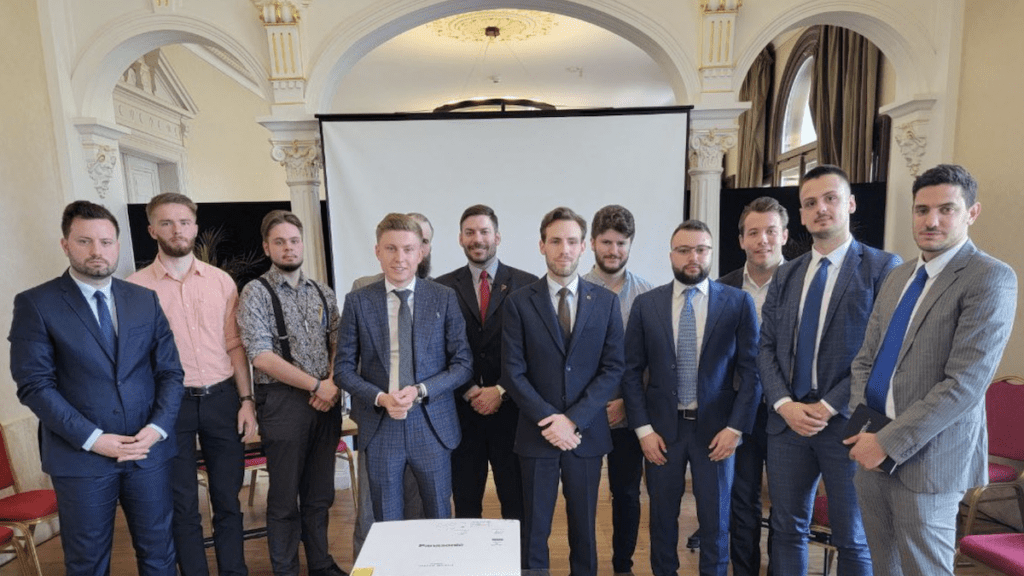
The meeting focused on issues that will play a pivotal role in the survival and renewal of Western Civilization. In a roundtable discussion, participants zeroed in on topics central to our time—like immigration, national sovereignty, and the importance of the family.
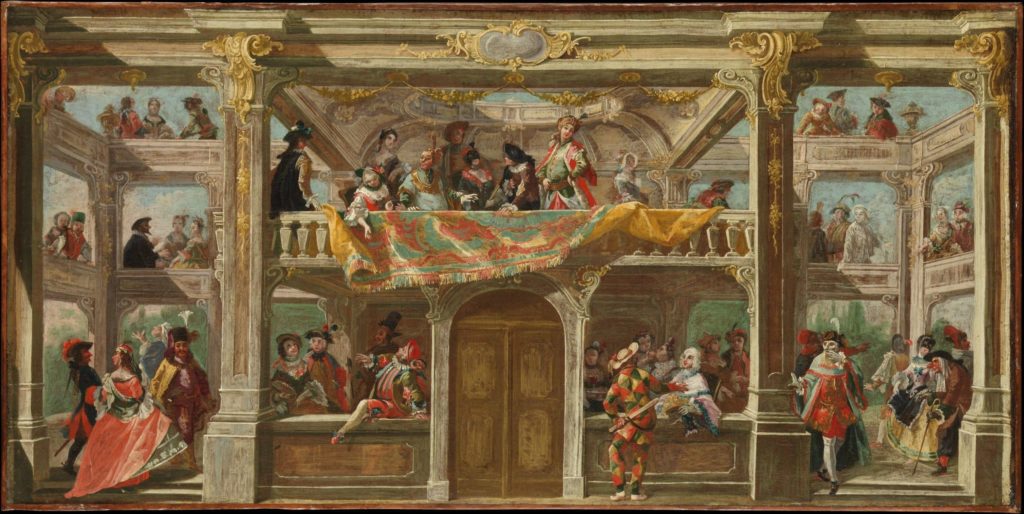
Vienna and New Orleans, despite everything, have remained themselves in the face of larger cultures, consciously or otherwise, attempting (with some success) to reduce them to mere sameness.
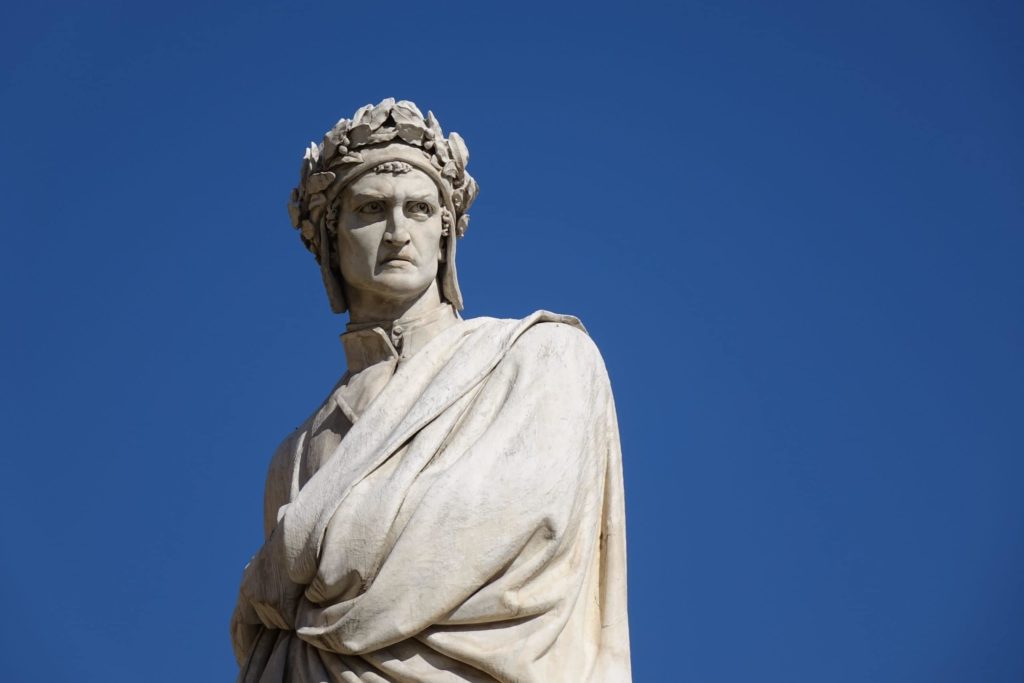
Dante Alighieri’s significance stems from his work and extends beyond it. He is the quintessential European figure, epitomising the different strands which make Europe a culturally rich and distinct continent.
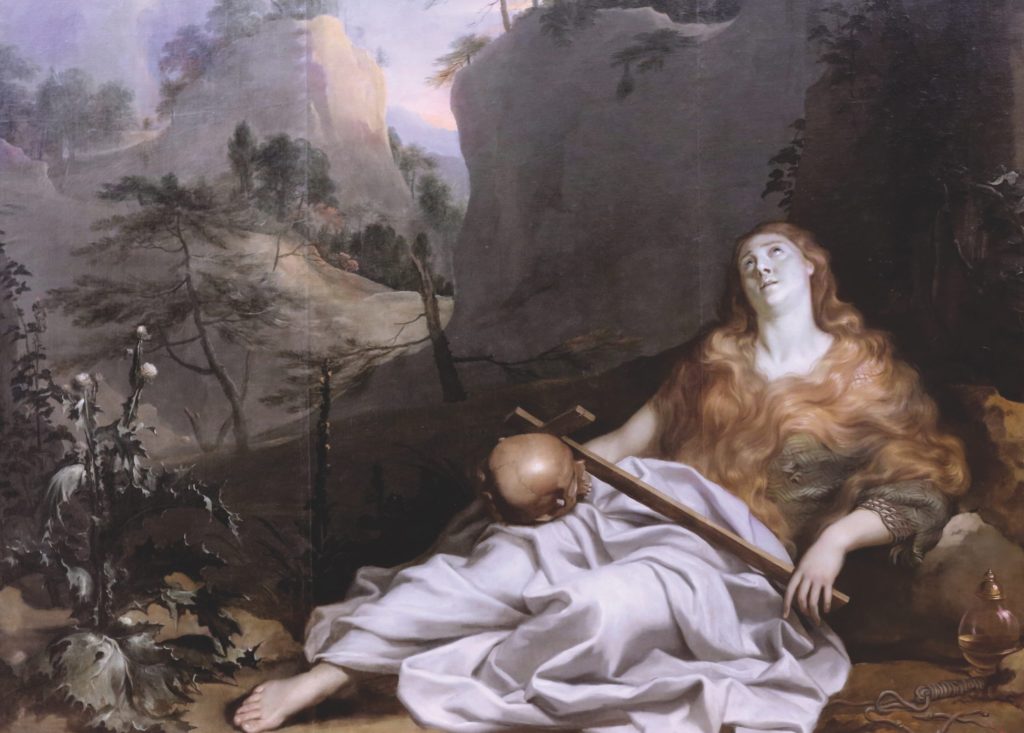
The challenge before us is to decide whether we believe in a universe created by a loving God who called us into being and who has destined us for eternal Communion with Himself, or whether we think we can only be ‘free’ by making ourselves like God and imposing our will on our body and the world?
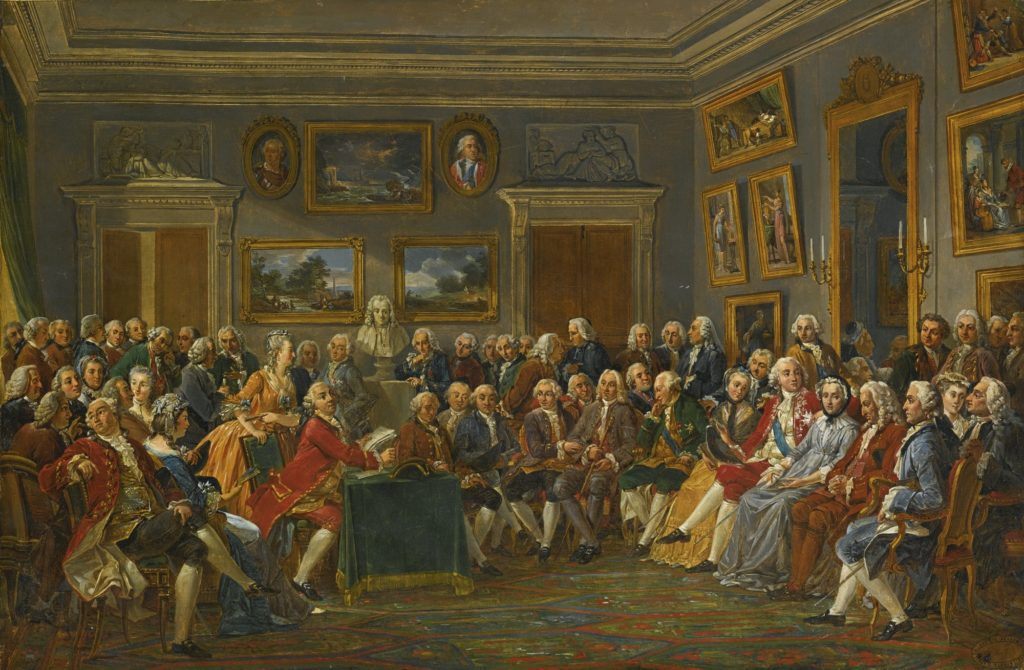
The Enlightenment had its fair share of such confusion. It was a time of truly scientific pursuits; of Voltaire’s brave and sharp remarks; of Hume’s observant rationality. But it also produced Rousseau, whose romantic view of freedom inspired generations of rebels. They thought that only monarchs and nobles could be oppressive, for they had not yet seen tyranny of the people.
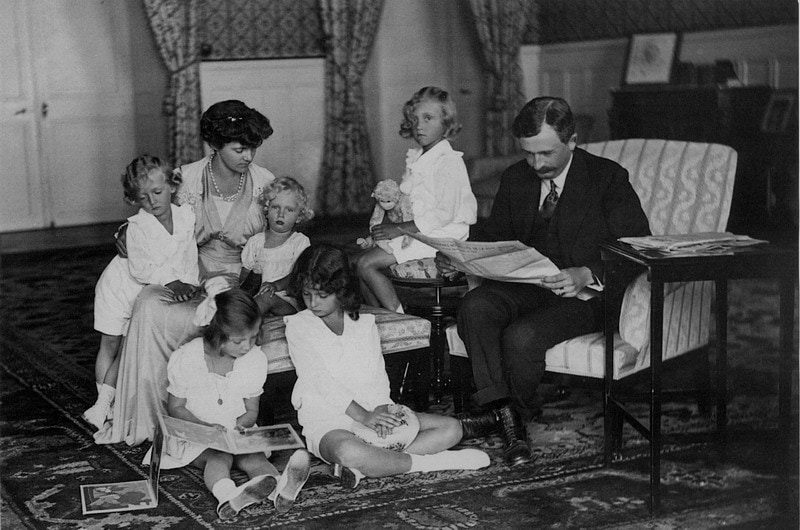
In peace or war, the Church Year was a large factor in the home life of the Imperial family, as it was for many of their subjects from Tyrol to Transylvania. Charles and Zita loved Christmas; during Advent Charles taught his children to make small sacrifices. For each of these they could put a straw into the empty manger of the Nativity scene. By the time the Christ Child would be installed on Christmas Eve, there was generally a good supply of straw!
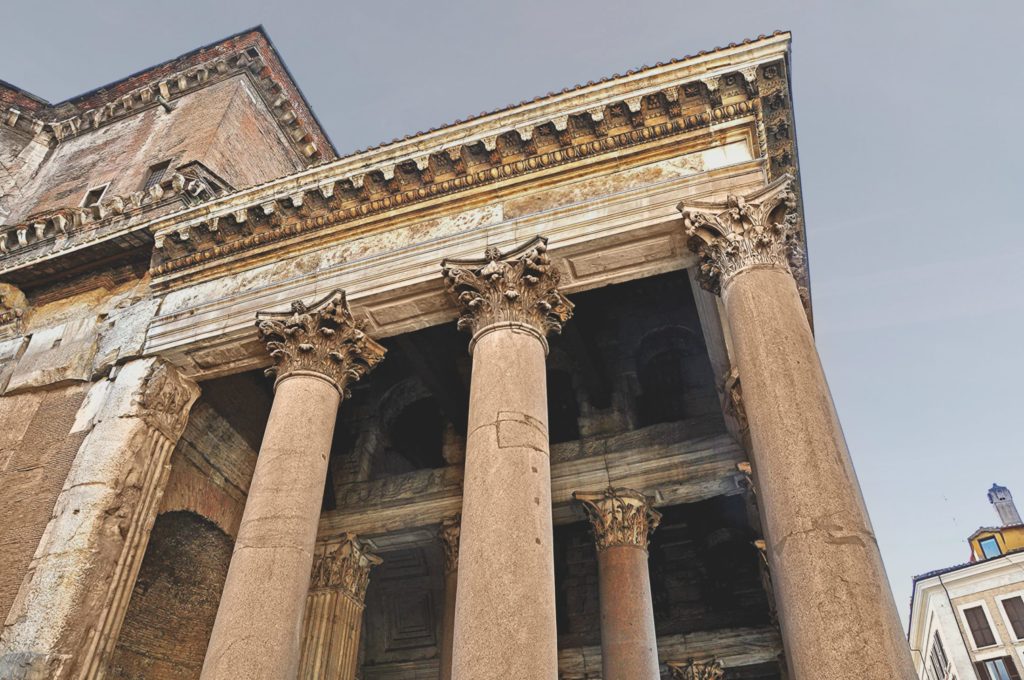
If Brussels wants to keep the project of the EU going, it must abandon its imperial trajectory.
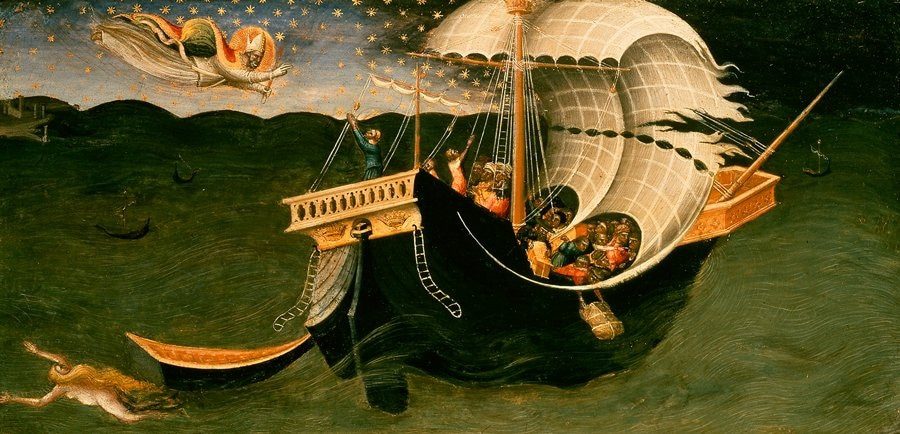
They shed tears of gratitude, knowing themselves unworthy of the boon they were making off with. Joined by the forty-seven pilgrims, the crew now departing totaled sixty-four, eight groups of eight, and like the eight reindeer pulling his sleigh, they set sail with Santa Claus among them.

On a single silent night when all was still and all was bright, Christian Germans and Christian Brits sang together and then climbed out of their trenches to greet each other—and celebrate the birth of Christ.
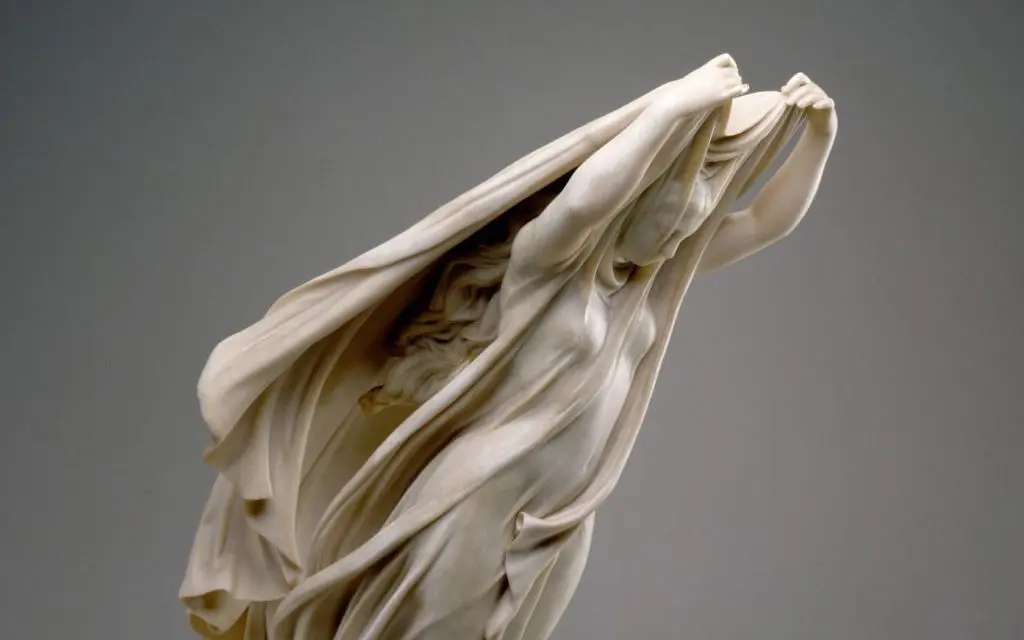
To be a Christian is to see behind the veil—to see the face of God. Advent–the arrival of Jesus Christ on earth–was, is–the apotheosis of human history—when the Lord tore through the veil of time that separates now and always.

What lies at the root of the totalitarianism that seems to be asserting itself in free societies in today’s West? The answer to this question reveals a fascinating affinity between Ryszard Legutko, a 21st century Polish Catholic philosopher and the 19-century Dutch Calvinist historian and statesman Guillaume Groen van Prinsterer.

Western governments are become more controlling, behaving like overbearing mothers rather than the aloof arbiters they are supposed to be. This is the nanny state at its worst, deciding its naughty citizens did not know what was good for them and, therefore, needed to be kept away from harm.
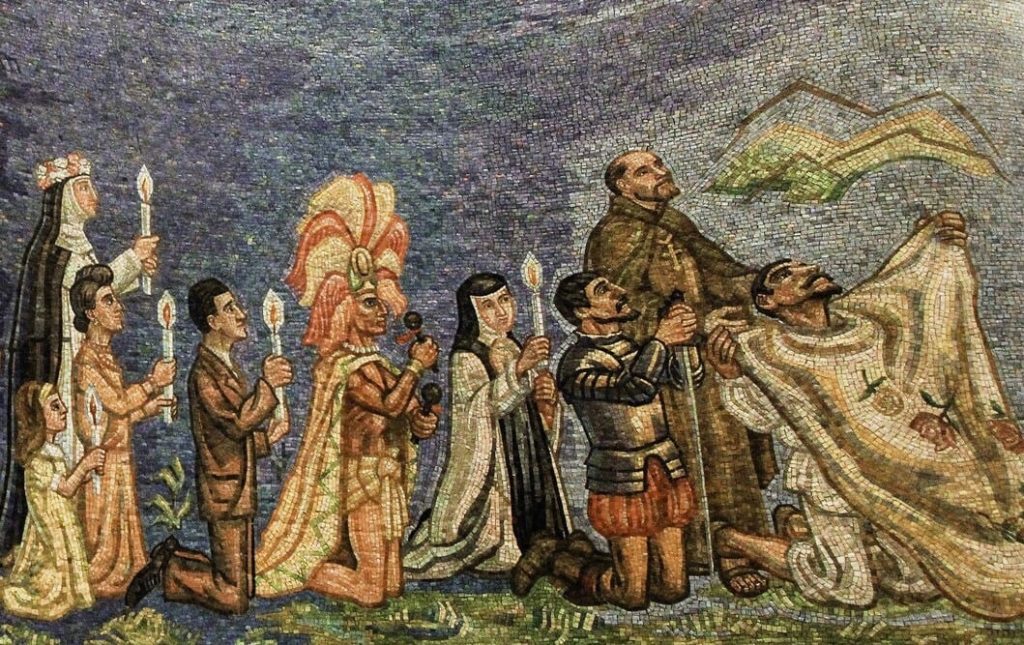
One December 9th while walking near the foot of Tepeyac hill, Juan Diego was visited by a young woman who revealed that she was the Virgin Mary. After healing his uncle from what had seemed like a fatal illness, the Virgin bid the future saint to climb a hill and collect the flowers that were blooming there despite the Mexican winter. These were strange flowers, for they were European, but had apparently found fertile ground on American soil.